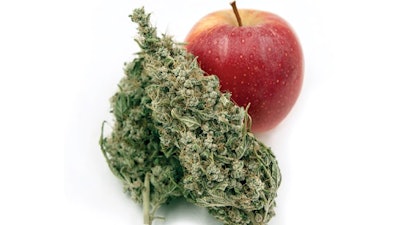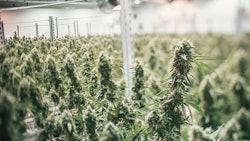
Expansion of the legal cannabis market will reduce the number of cultivars available to growers. The plethora of varieties available today come from small farmers. Larger operations will limit production to only their most profitable cultivars. This has been the natural economic model for all industrial agriculture—wheat, grapes, apples, etc. Agricultural expansion and normalization create a new selective process. The remaining cultivars become boutique, novelty and heirloom varieties with a limited market.
Currently, amateur and small-scale farmers are competing alongside an emerging industrial cannabis agricultural machine. As the machine gathers momentum, present-day prohibition-based business models and profit strategies are becoming irrelevant. If we follow the example set by previous plant-based commodities as cannabis is normalized worldwide, it will be increasingly grown by larger farmers in regions where the best quality can be grown for the lowest price.
Before the dawn of the industrial revolution, agriculture was a regional industry subject to the limitations of favorable climate, safe storage and localized transportation. Localized natural and human selection created great genetic crop diversity, as well as many options for modern plant breeders to choose from. The main limitation was lack of commercial access to large markets.
To read the full article in Cannabis Business Times' January issue, click here.
Top photo courtesy of Robert C. Clarke and Mojave Richmond

























